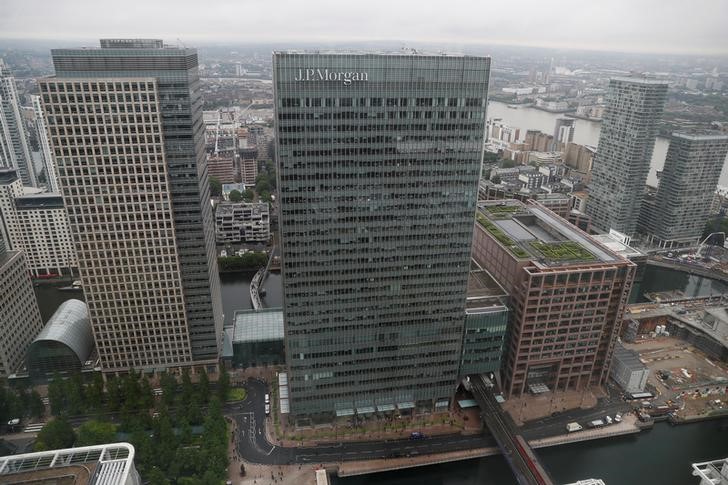The People’s Bank of China (PBOC) Governor, Pan Gongsheng, stated on Monday that the central bank is set to amplify efforts to stabilize trade and improve the business environment for foreign companies. This announcement supplements a series of commitments made by China's top leaders this year to become more accessible to overseas investors.
At a symposium attended by representatives from major international companies, including JPMorgan Chase & Co. (NYSE:JPM), HSBC Holdings Plc (LON:HSBA)., Deutsche Bank AG (NYSE:DB), BNP Paribas (OTC:BNPQY), UBS Group AG (SIX:UBSG), and Tesla (NASDAQ:TSLA) Inc., Pan outlined the central bank's initiatives. He assured that the bank will contemplate additional measures to stabilize foreign investment and trade, while also continuing to refine the operating environment for foreign firms.
This commitment comes in line with China's top leadership's promise earlier this year to create opportunities for foreign businesses within the country following the relaxation of pandemic controls. Premier Li Qiang underscored this objective in March, promising unwavering commitment towards openness despite changes in the global landscape.
However, confidence among foreign companies in China has been shaky due to escalating tensions between Beijing and Western countries and uncertainties surrounding regulations in the world's second-largest economy. A survey conducted earlier this year by the American Chamber of Commerce in China revealed that China did not rank among the top three investment priorities for most US firms – a first in approximately 25 years.
Amid concerns about an economic slowdown and these challenges, Chinese authorities have ramped up their efforts to boost confidence both within their real economy and markets. Recently, China's securities regulator pledged additional measures to support capital markets and disclosed meetings with investors such as BlackRock Inc (NYSE:BLK). and Bridgewater Associates to solicit their recommendations.
Foreign holdings of Chinese equities and debt have dropped by roughly 1.37 trillion yuan ($188 billion) from a peak in December 2021 to the end of June. This significant withdrawal of funds from Chinese stocks and bonds has reduced the market's influence in global portfolios.
Simultaneously, China's economy is striving to regain momentum as its recovery pace has slowed. In a bid to support government spending and stimulate economic growth, the central bank recently reduced the required reserve ratio for lenders for the second time this year. Pan also emphasized that the central bank will strive to enhance the quality and efficiency of financial services, thereby fostering a more business-friendly environment.
This article was generated with the support of AI and reviewed by an editor. For more information see our T&C.
